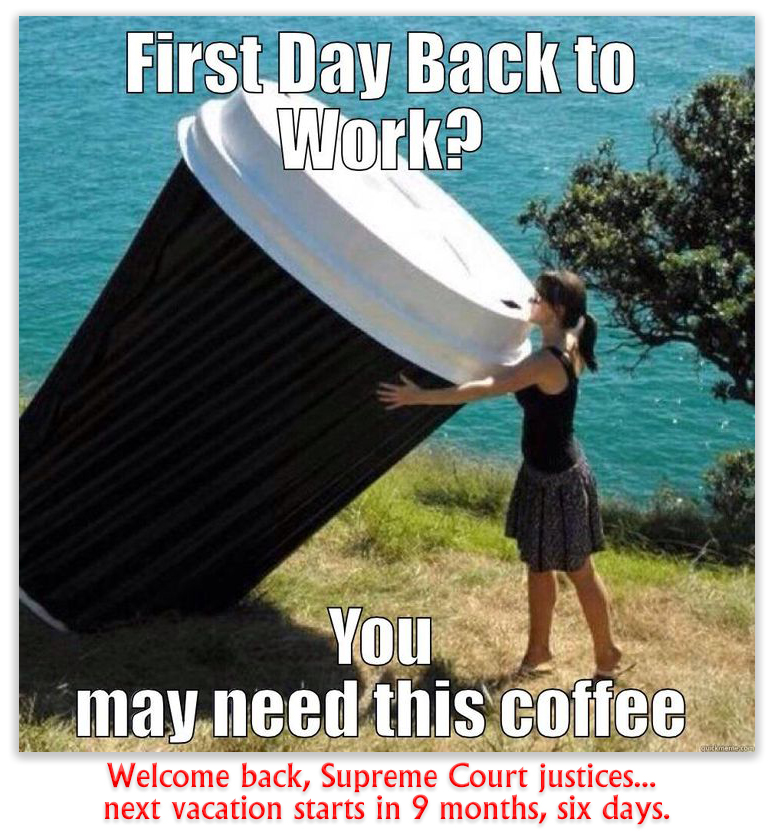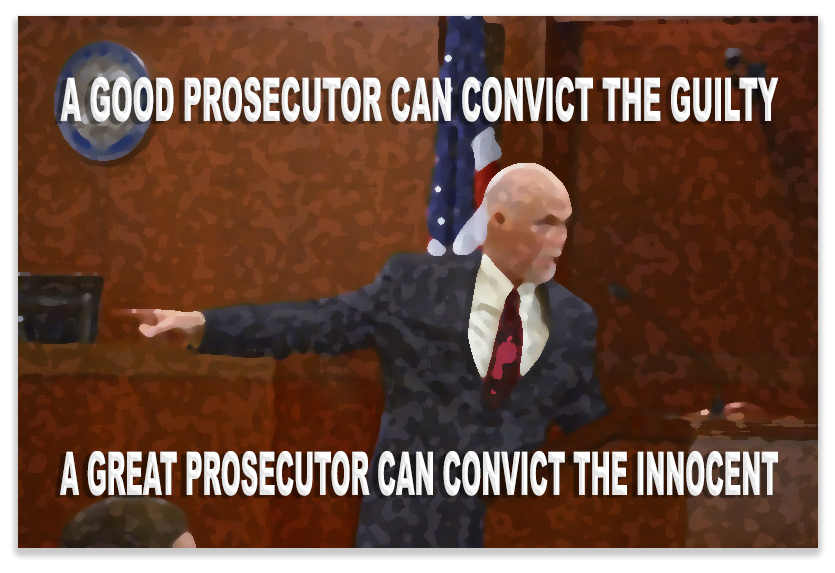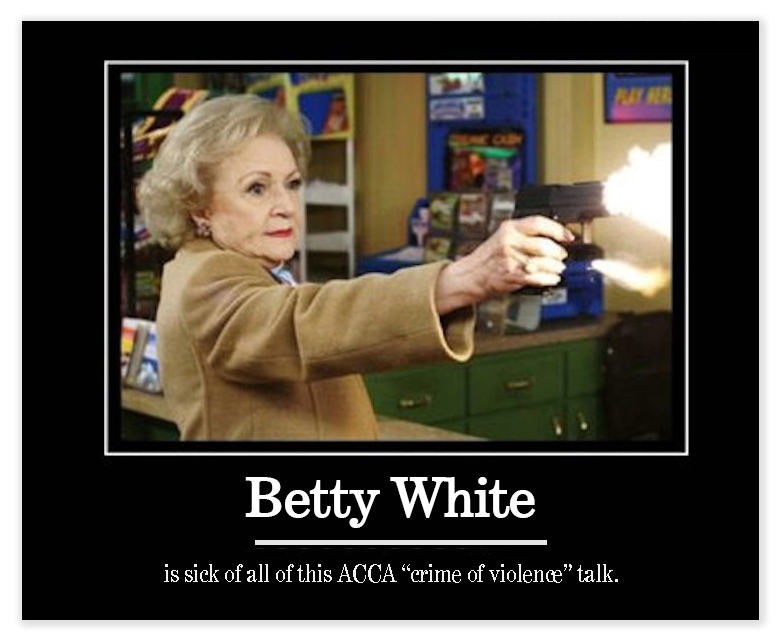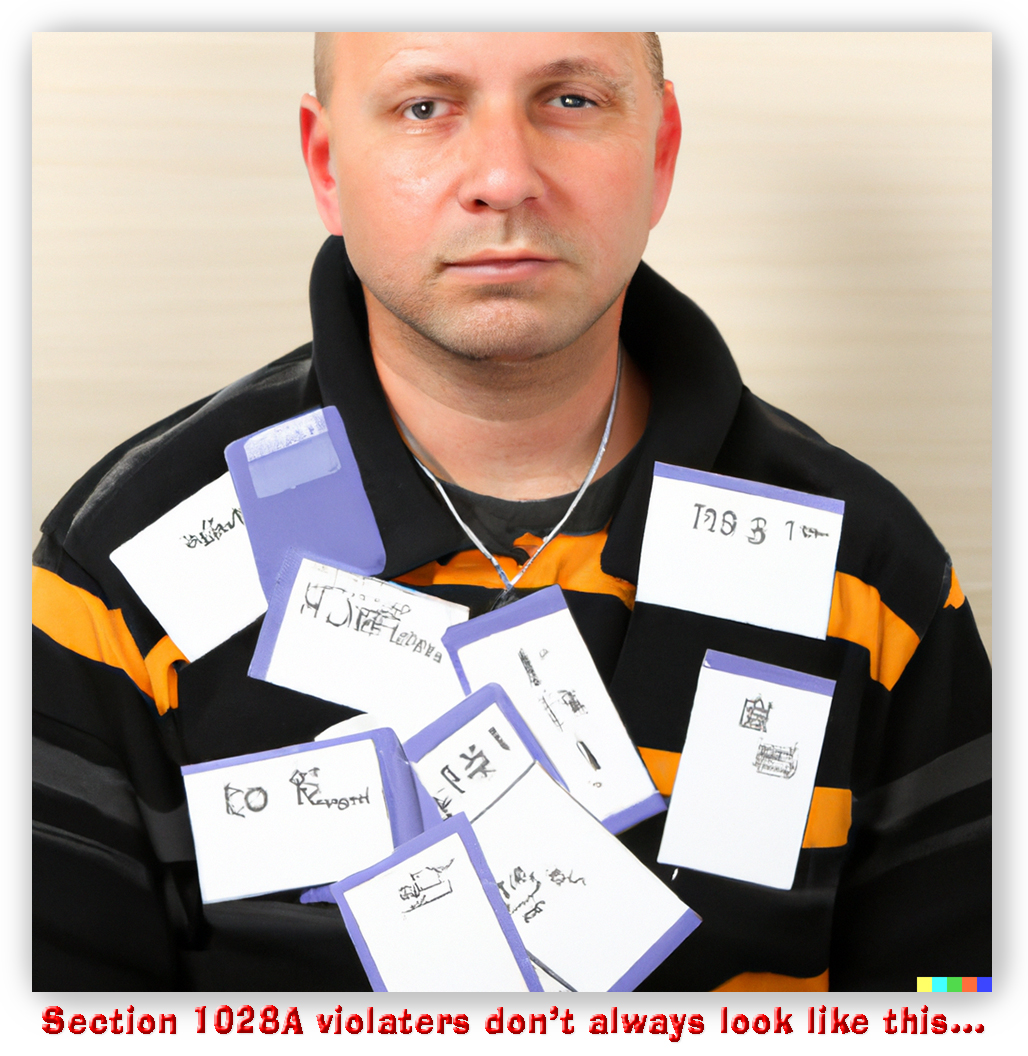We post news and comment on federal criminal justice issues, focused primarily on trial and post-conviction matters, legislative initiatives, and sentencing issues.

THE BEIJING BUTTERFLY
 When mathematician Edward Lorenz first posited the notion that a butterfly flapping its wings in Beijing today could affect the path of a tornado in Kansas three weeks hence, his fanciful illustration became the interface with chaos theory that the average Joe and Jane could understand. Essentially, the butterfly effect is the sensitive dependence on initial conditions in which a small change in one state of a deterministic nonlinear system can result in large differences in a later state.
When mathematician Edward Lorenz first posited the notion that a butterfly flapping its wings in Beijing today could affect the path of a tornado in Kansas three weeks hence, his fanciful illustration became the interface with chaos theory that the average Joe and Jane could understand. Essentially, the butterfly effect is the sensitive dependence on initial conditions in which a small change in one state of a deterministic nonlinear system can result in large differences in a later state.
When a federal defendant is presented with a plea agreement and told by her lawyer that it’s the best deal she can hope for, the fine print is rarely explained. That includes Section 10(b)(1)(A)(iii) on page 12 which says something like “Defendant waives the right to challenge the conviction or sentence under 18 USC § 3742 or on any collateral attack under 28 USC § 2255 or other section, except in cases of ineffective assistance of counsel.”
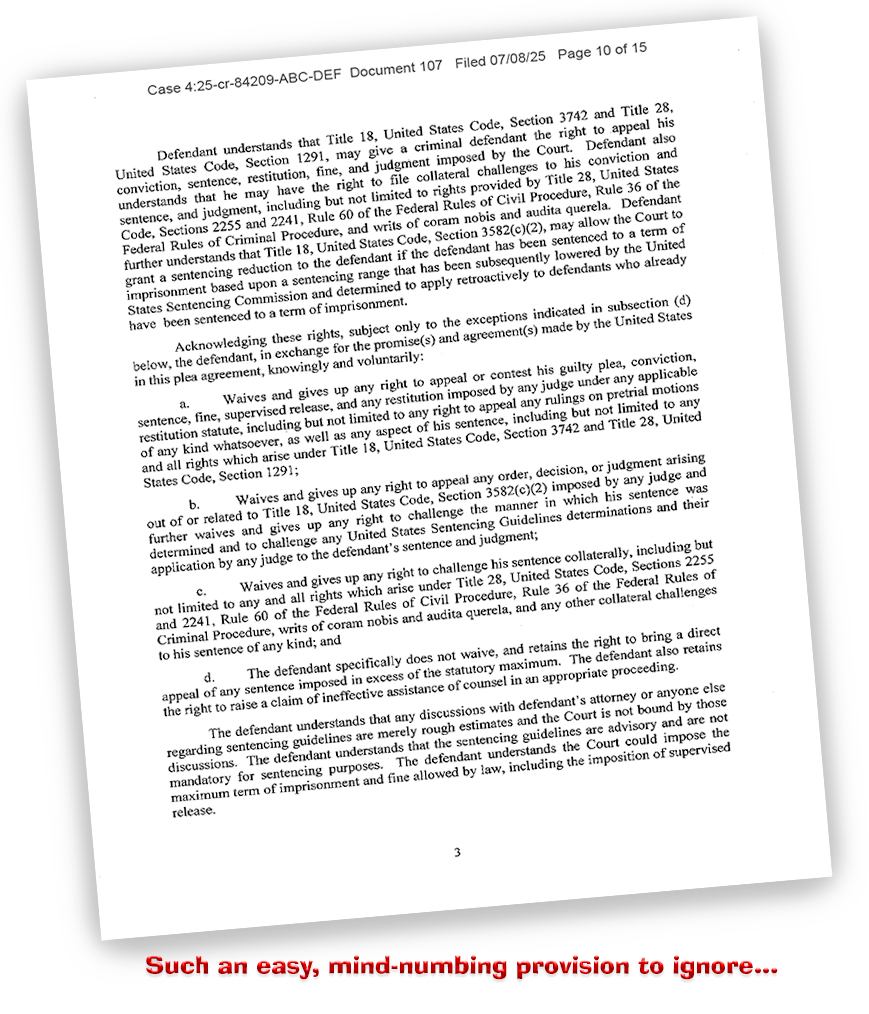 And why not sign it? The defendant is under plenty of stress as she contemplates agreeing to spending a decade in prison, and a lot of that gibberish in the back of the plea agreement means a lot less to her than her attorney’s blandishments that the judge certainly won’t give her more than 48 months.
And why not sign it? The defendant is under plenty of stress as she contemplates agreeing to spending a decade in prison, and a lot of that gibberish in the back of the plea agreement means a lot less to her than her attorney’s blandishments that the judge certainly won’t give her more than 48 months.
In chaos theory parlance, the appeal/collateral attack waiver is a pretty small input. Only later does the output become huge.
The Supreme Court left for vacation in time for the 4th of July. Like a fireworks display, the finale was stellar and stunning: abortion, guns, prayer, and the biggest case of all, a decision that may spell doom for the administrative state. But just like many fireworks finales, after the final glowing detonation fades, one straggler rocket goes airborne, with no light but a surprise reverberating boom.
Last Thursday, the Court released its final list of certiorari grants and denials for the term, announcing the one or two cases it will add to next term’s docket while denying a long list of petitions. One of the denials was a guy named Zenon Grzegorczyk (pronounced just the way it sounds). Zenon, a good father, wanted to murder six people whom he blamed for his divorce and for the loss of custody of his child. He hired and paid hitmen to pull it off.
 Problem was that Zenon, not being an avid news consumer, was unaware that all hitmen available for hire are undercover law enforcement officers, moonlighting for some pocket money. Thus it was in this case. Zenon was promptly charged with murder for hire (18 USC § 1958) and an 18 USC § 924(c) count for using a firearm during and in relation to a crime of violence.
Problem was that Zenon, not being an avid news consumer, was unaware that all hitmen available for hire are undercover law enforcement officers, moonlighting for some pocket money. Thus it was in this case. Zenon was promptly charged with murder for hire (18 USC § 1958) and an 18 USC § 924(c) count for using a firearm during and in relation to a crime of violence.
Zenon signed a plea agreement in which, among other things, he waived any right to challenge his murder-for-hire and firearms convictions. He was sentenced to about 18 years.
A couple of years later, after the Supreme Court decided in Johnson v. United States and Sessions v. Dimaya that crimes of violence had to be accompanied by use or threat of force, Zenon filed a § 2255 motion challenging the firearms conviction. Because of his plea agreement, the District Court denied the motion, and the 7th Circuit affirmed. Zenon filed a petition for certiorari seeking Supreme Court review.
Meanwhile, the Supreme Court ruled in United States v. Davis that a conspiracy to commit a violent crime was not itself a violent offense that could support an 18 USC § 924(c) conviction. The government flipped its position, asking the Supreme Court to vacate the 7th Circuit’s judgment because Davis made Zenon actually innocent of the 18 USC § 924(c) conviction. The mechanism is called a “GVR,” because the Supremes grant the petition for certiorari, vacate the lower court’s decision, and remand the case for further consideration, all in one order.
 The Supreme Court refused, denying the petition last week. Justice Kavanaugh wrote in a concurrence to the denial that “[b]ecause the 7th Circuit correctly concluded that the defendant’s unconditional guilty plea precluded any argument based on the new caselaw, this Court has no appropriate legal basis to vacate the Seventh Circuit’s judgment.”
The Supreme Court refused, denying the petition last week. Justice Kavanaugh wrote in a concurrence to the denial that “[b]ecause the 7th Circuit correctly concluded that the defendant’s unconditional guilty plea precluded any argument based on the new caselaw, this Court has no appropriate legal basis to vacate the Seventh Circuit’s judgment.”
What is notable was the spirited dissent written by Justice Sotomayor. She argued that Zenon’s case
falls comfortably within this Court’s longstanding GVR practice… The Solicitor General’s considered concession that 18 USC § 1958(a) is not a “crime of violence” under the elements clause of § 924(c)(3)(A) is an intervening development that has triggered the Government’s agreement to forgo assertion of the procedural bar that proved decisive below. Consequently, there is surely a reasonable probability of a different result on remand: With the Government waiving the procedural bar, Grzegorczyk’s § 924(c) conviction and 5-year sentence should be vacated, and his § 1958(a) sentence reduced by at least 2 years and 7 months. Moreover, given the stakes for Grzegorczyk, as well as the Government’s express consent, this is a case where the marginal cost to judicial efficiency and finality from a remand should yield to solicitude for Grzegorczyk’s rights. “Further proceedings” are therefore “just under the circumstances,” 28 USC § 2106, and the Court should issue a GVR order.
“By denying certiorari rather than issuing a GVR order,” Justice Sotomayor fumed, “the Court allocates the full cost of the Government’s error to Grzegorczyk, who faces over 7½ extra years of incarceration as a result.”
 What this means, of course, is that actual innocence of a count of conviction will always yield to an oppressive appeal waiver signed in haste by a defendant who is understandably focused on the larger issues in her plea agreement rather than flitting butterfly of a provision, whose wingbeats seem inconsequential at the time but may later spawn a tornado of injustice.
What this means, of course, is that actual innocence of a count of conviction will always yield to an oppressive appeal waiver signed in haste by a defendant who is understandably focused on the larger issues in her plea agreement rather than flitting butterfly of a provision, whose wingbeats seem inconsequential at the time but may later spawn a tornado of injustice.
In his concurrence, Kavanaugh suggested that if the government really felt that Zenon was entitled to relief from the five -year 924(c) sentence, “the Attorney General may recommend a pardon or commutation to the President, and the President may pardon the defendant or commute the sentence.”
Like that’s gonna happen…
Grzegorczyk v. United States, Case No. 21-5967, 2022 U.S. LEXIS 3273 (June 30, 2022)
– Thomas L. Root


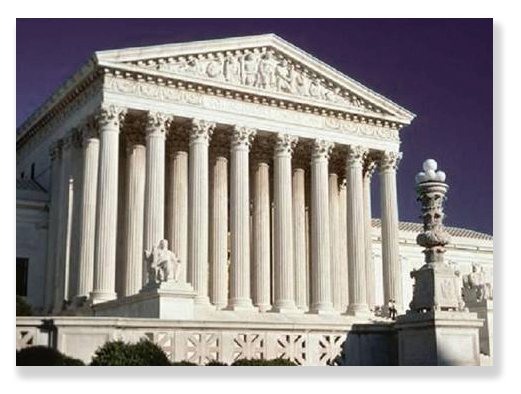 Generally, a re-list or two increases a cert petition’s odds of being granted. Interestingly, the odds of being granted start to fall with more than two re-lists. That was proven with yesterday’s grant of certiorari in Esteras v. United States, a case that examines what factors a court may consider in holding that a person has violated a supervised release term and ordering him or her back to prison
Generally, a re-list or two increases a cert petition’s odds of being granted. Interestingly, the odds of being granted start to fall with more than two re-lists. That was proven with yesterday’s grant of certiorari in Esteras v. United States, a case that examines what factors a court may consider in holding that a person has violated a supervised release term and ordering him or her back to prison

